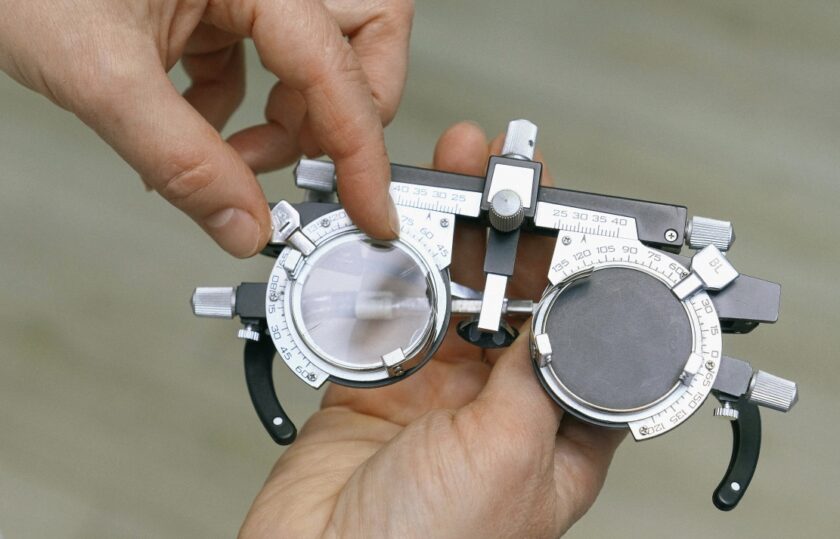More Accessible Eye Care Available in Wales for Visually Impaired Elders

Ensuring healthy eyesight is essential to improving health outcomes and the overall quality of life. To help ensure this, the Welsh Government launched the ‘Help Us Help You’ optometry campaign in 2023. The new campaign urges adults over 30 to schedule routine sight tests, which serve as an essential tool for diagnosing eye conditions like glaucoma and ultimately enabling effective treatment and monitoring.
However, considering the risk of developing sight-threatening conditions increases with age, vision health programmes in Wales must also target older populations. This is especially timely as research shows that visually impaired elders in Wales face barriers to accessing eye care services.
Vision Impairments Affect the Welsh Elderly
According to eye care statistics released by the Welsh Government, over 1,000 seniors in Wales were formally recorded as sight impaired or severely sight impaired in 2020. These individuals, who belong to the age groups of 60-79 and 80 or over, accounted for nearly 80% of the total Welsh population with certificates of vision impairment. While these figures signify the need for targeted provision of care and support, barriers to life-saving eye care may exist. For instance, the shortage of eye care professionals, long waiting times, and expensive costs hinder the availability and accessibility of sight tests and corrective treatment.
Nonetheless, it is worth noting that such barriers are gradually being addressed, as eye care resources in Wales are increasingly becoming accessible and available for visually impaired elders.
Eye Care Becomes Increasingly Accessible in Wales
Research shows that over 39,000 patients in Wales wait longer than 10 weeks for initial and follow-up appointments on common eye conditions, including refractive errors, glaucoma, and age-related macular degeneration.
Long waiting times can discourage elderly patients from seeking continuous care and treatment. Fortunately, welcoming new opticians in the area can reduce backlogs and ultimately improve vision health outcomes. For example, Cardiff University opened an on-site eye clinic that can ensure high-quality services and imaging technology delivered by skilled eye care professionals. The optical clinic also focuses on improving the skills and training of optometrists, which can better meet patient demand and assist the National Health Services in enhancing local pathways for vision care.
The ongoing digital transformation of the optometry industry can also expand access to essential eyewear, especially among the visually impaired elderly, whose mobility issues may hinder their ability to visit optical stores and clinics.
To start, older adults can order contact lenses online and access broad selections based on wear time and type of refractive error to be corrected, such as multifocal lenses for near and distant vision impairment and toric lenses for astigmatism. Optical retailer Lenstore also offers these contact lenses with a next-day delivery option to address the urgent need for corrective eyewear and improve patient convenience.
Lastly, cost concerns related to eye care can be addressed through the NHS’ continued provision of optical vouchers in Wales. According to a reference guide by the United Kingdom’s Association of Optometrists, the NHS can cover glasses with single-vision lenses from £22 to £377, depending on the specific cylindrical and spherical power.
Visually impaired elders are also entitled to free sight tests from the NHS, ultimately facilitating access to early detection and routine monitoring of a range of vision problems, from refractive errors to eye diseases like cataracts, glaucoma, and diabetic retinopathy.
Spotted something? Got a story? Email: [email protected]
Latest News
